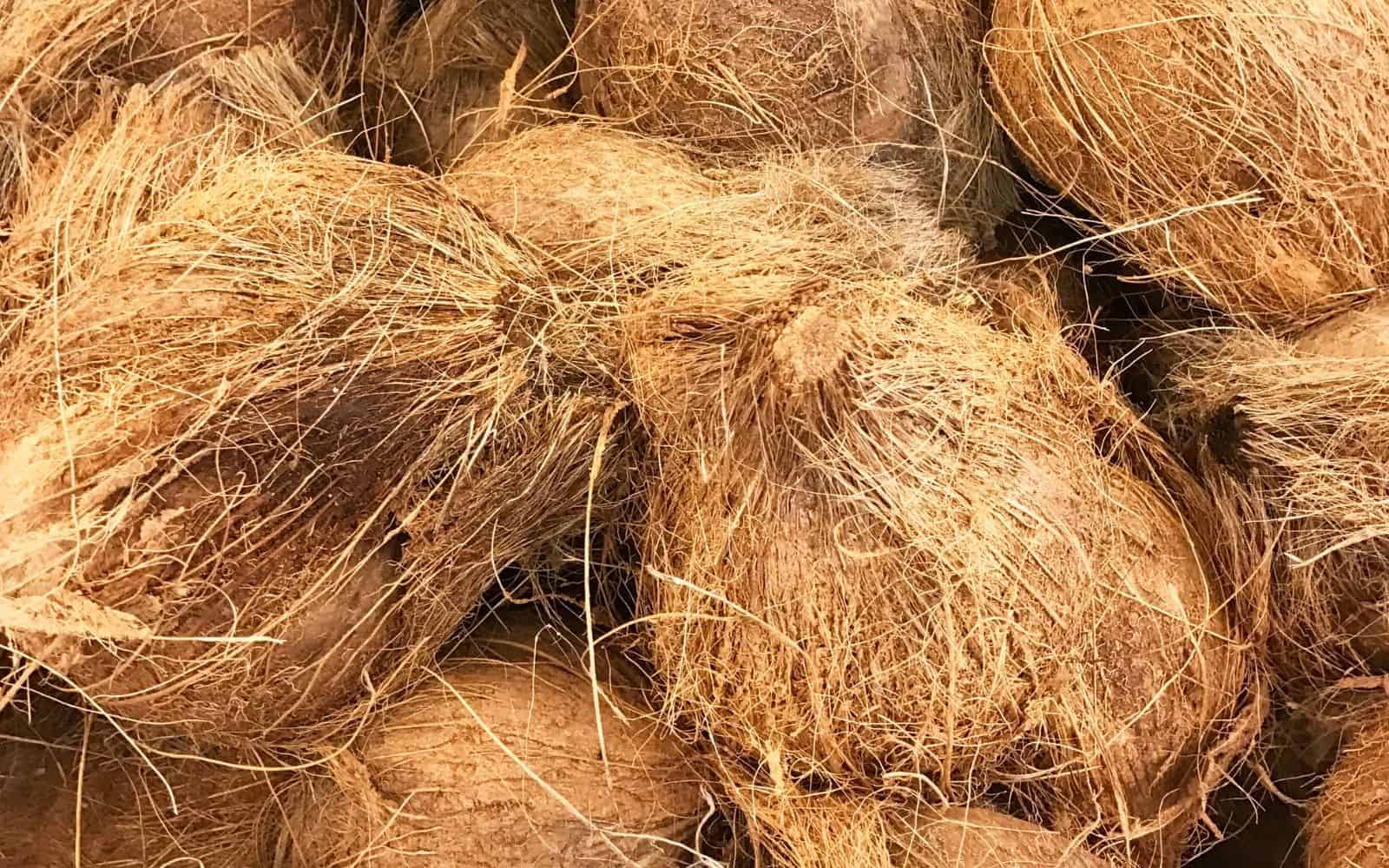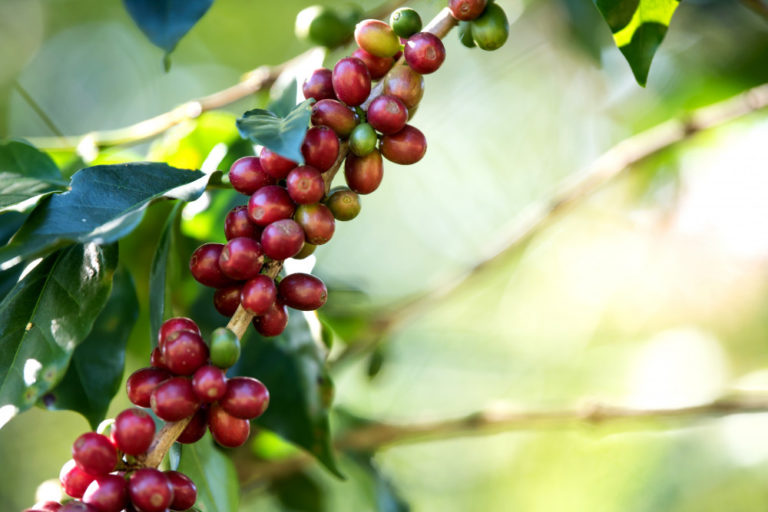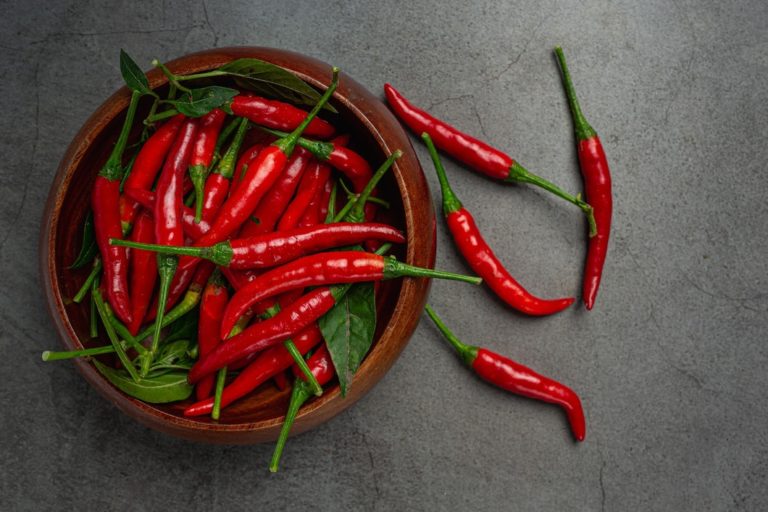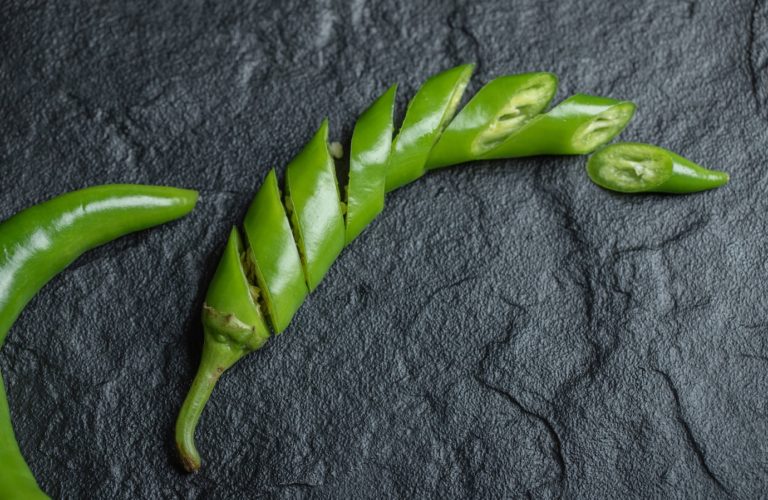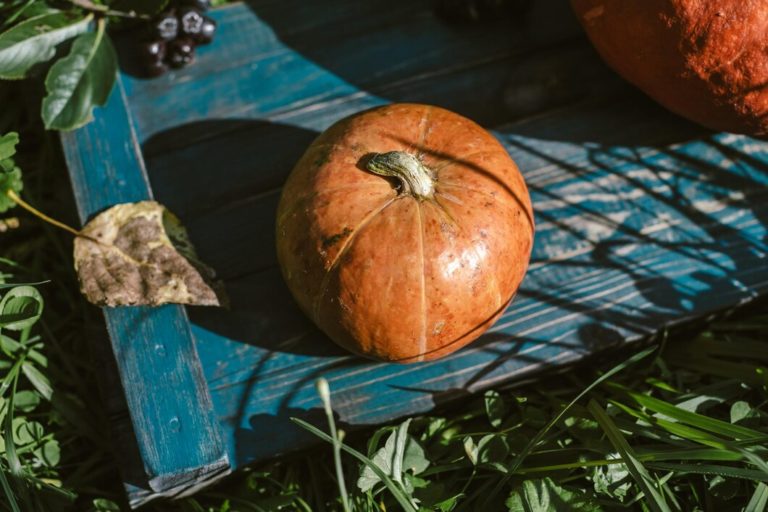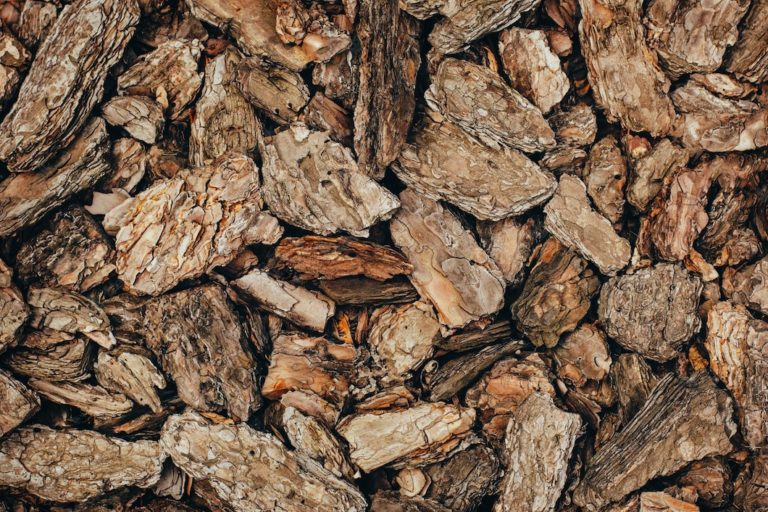Everything You Should About Coconut Coir – What It Is and Which One You Should Buy
Coconut coir is all the rage in the present-day gardening world! If you are an enthusiastic gardener, you must have heard about the coconut choir at least a few times by now. In fact, you would have probably seen its name mentioned on the ingredient list.
So, what exactly is coconut coir, why is it getting so popular, and why should you care about it? The short answer to this is that coconut coir, also called coco coir, is a natural fiber and hydroponic growing medium that promotes a fast growth rate and good health for home-based garden plants.
If you plan to create an indoor garden or a raised bed garden, coconut coir can be highly beneficial to you and your plants. Sounds interesting? It sure is!
This blog post will walk you through everything related to coconut coir. From what it is to how it is produced to which type of coconut coir you should select, we will discuss lots of exciting things about coco coir.
So, without further ado, let’s dive in!
What Exactly is Coconut Coir and How is It Produced?
As mentioned above, coconut coir is a natural fiber supporting plant growth. While this is the short answer, the longer is even more interesting.
Earlier, coconuts were only grown and harvested for their gooey flesh and juice. As a result, people usually discard the shell or the husk, considering it a waste product.
Now, people have discovered that coconut shells aren’t a waste product. In fact, it has several uses and unique benefits, especially in gardening and other home applications. And so, the popularity and ever-increasing demand for coconut coir began.
The brown and white fibers found between the outer coating of coconut seed and its shell are called coconut coir. The brown fibers come from fully ripe and mature coconuts. Thus, it is incredibly strong but offers minimum flexibility.
On the other hand, the white fibers are collected from pre-ripe coconuts. Since these coconuts aren’t mature yet, the white fibers aren’t as strong as brown fibers but are way more flexible.
Now that we have understood the basics of coco coir, let’s find out how it is produced or obtained.
Production Process of Coconut Coir
The production process of coco coir isn’t easy. It is an extensive process that takes a lot of time to complete.
The process begins with the soaking of coconut in saltwater or freshwater. This is done to soften the hard husk and make the process simpler. It is recommended to soak the coconut husk in freshwater as salt water can lead to absorbing too much salt that has to be removed later. Thus, it makes the process complicated and time-consuming.
Once the coconut husk is thoroughly soaked and is soft enough, the coir is carefully separated from the husk and is kept to dry. Now, this is where the time element comes in because the coco coir can take up to one year (or more!) to be fully dried and ready for the next step.
After the drying process, the fibers are properly sterilized and graded to make them safe and suitable for being used in gardens. The coconut coir is later converted into bales. Finally, the bales are chopped and processed into different coco coir products, including chips, blocks, and croutons.
The Major Pros and Cons of Coconut Coir
As we said, coconut coir has found a permanent place in horticulture-related products. Due to its incredible strength, it is also used to make different products, including plant basket liners, ropes, doormats, rigs, and so much more.
However, coconut coir offers the best benefit when used in potting mixes as soil amendment material. While it has several advantages, coconut coir also comes with its own set of disadvantages.
With that said, here are the main pros and cons of coconut coir:
Pros of Coconut Coir
100% Organic Compound
Like mulch, coconut coir is a truly natural and safe organic compound or a by-product of coconut. It is free from all kinds of chemical or toxic materials. This makes it completely safe to be used in your garden,
Excellent Aeration Properties
Another significant benefit of coconut coir is its excellent aeration properties. When added to the soil, coco coir forms small air pockets in the soil. These small air pockets provide more air, water, and essential nutrients to the plant’s roots, promoting better, stronger roots and healthier plant growth.
Retains moisture
Providing sufficient moisture to your plants is essential for their continued growth and good health. In case the soil becomes too dry, it can ruin your yield.
Very few growing media can compete with coconut coir when it comes to water retention. When added to the soil, coconut coir can absorb water up to ten times its weight and ensures that your plant’s roots never feel thirsty.
Safe for the Environment
Unlike peat moss, coconut coir is safer for the environment. While peat moss breaks down with time, coconut coir stays intact and can be reused easily.
Keeps the Pests and Insects Away
Another fantastic benefit of using coconut coir in your home garden is that it keeps the insects at bay. Generally, insects and pests do not enjoy sitting on soil full of coconut coir; thus, they will avoid making your garden their next party spot.
Cons of Coconut Coir
Coconut coir lacks nutrients.
While coco coir retains moisture and promotes healthy and fast growth of your plants, it is an inert compound. Since it is essentially a by-product of coconut, it doesn’t come with any valuable nutrients.
So, gardeners have to include hydroponic nutrients and other essential products to make their soil ideal for planting seedlings.
Need to Buy Expensive Coco Coir Mixes
Simply using coconut coir alone will not help in the growth of your plants. Further, working with it can be tough and frustrating.
Thus, most home gardeners have started using coco coir mix. And while that offers a phenomenal way to grow plants in your garden, it is also quite expensive.
Different Forms of Coconut Coir
During its manufacturing and processing, coconut coir is categorized into different forms, depending upon the shape and size of the end product. Basically, there are three variations of coconut coir – coconut fiber, coconut peat, and coco chips.
When you go to the market to buy a coco coir mix, you are essentially purchasing a mixture of the above-mentioned products. All different forms of coco coir have their own benefits and features. Let’s have a quick look at each of them:
Coco Fiber
Coconut fiber or coco fiber is collected after properly drying out the coconut husks. Once the husks are dried, coco fibers are carefully separated. They are long thread-like elements that provide air pockets to the soil. This enables the root zone to absorb more oxygen, collect more nutrients, and retain more moisture.
Its excellent aeration properties make coco fiber one of the most desirable ingredients for potting mixes.
Coconut fibers are also commonly used in hanging baskets, ropes, rugs, and other decorative items.
Coconut Peat
Coco peat, also called coco pith, is an exceptionally finely ground version of coconut husk or peat moss. It has high salt content and is usually used as a soil conditioner.
If you are using coco peat as your growing media, you need to ensure that it is properly aged and rinsed well to prevent it from releasing too much salt to the roots of your plants.
Further, since it is an incredibly fine component, you must never use it as your only growing component. This is because it can absorb too much moisture and pose the risk of drowning the roots of your plants.
Coconut Chips
Finally, you have the coco chips. Their shape, size, and function lie between coco peat and coco fiber. Coconut chips act as clay pellets and perform two crucial jobs.
On the one hand, they can absorb and retain moisture like coco peat, and on the other hand, they can create air pockets in the soil like coco fiber. Moreover, they have the highest air-to-water ratio, making themselves one of the most important ingredients in any potting mixture.
The Best Coconut Coir for Your Garden
You can find a large variety of coconut coir in the market. So, selecting the right one for your garden becomes a bit confusing. Fortunately, we have already done some research for you.
To simplify the process and help you find the right coco coir for all your gardening needs, we will list down the top three coconut coir options.
CANNA Coco Brick
CANNA is a popular and trusted Dutch brand that offers top-notch coconut coir. The brand is known for its high-quality products that are totally safe for your plants.
The company carefully monitors its coco coir production process and ensures that its products are fully sterilized, properly aged, and free of salts. Thus, you won’t have to worry about the well-being of your garden while using any of CANNA’s coconut coir.
CANNA generally offers coco coir in the form of 40L natural and expandable bricks or 50L expanded bags. CANNA’s coco coir is certified by RHP and comes with a superb perforated design to enhance its water-absorbing capacity.
The growing mediums are reusable and are easily available online. Make sure to rehydrate it once you receive your package.
Envelor Potting Soil Coco Coir & Perlite Mix
This particular coconut coir is ideal for beginners who want to try using it in their home’s garden for the very first time. This is because the product comes in the form of potting mix – which most gardeners are aware of. And thus, it makes it easier for them to understand the product and its function.
The Envelor coco coir and perlite mix is an excellent choice if you are looking for coir that is easier to handle and store than coco pellets and bricks.
The best thing about this product that makes it our top choice is its high water retention and aeration properties. It is carefully stabilized to have a particular nutrient-holding capacity and has a pH level of around 6.0, which is ideal. It is a ready-to-use product.
Urban Worm’s Coco Coir
If you are looking for fine coco coir, this can be the right choice for you! The Urban Worm’s coco coir is an incredibly fine particulate that is prepared to soak up all the moisture and keep your plant’s roots fully hydrated.
You can blend this coco coir with your own potting mix to achieve the best results. If you are looking for a better and pH-neutral alternative to peat moss, the Urban Worm’s coco coir can be an ideal option. It can also be used as your worm farm’s bedding.
Final Thoughts
So there you have it – everything you should know about coconut coir and its advantages and uses in the modern-day gardening world. As we said, coconut coir is an excellent growing medium that can help your plants grow and thrive to the best of their capacity.
By retaining moisture and providing plenty of oxygen to the plant’s root zones, coco coir ensures that your plants stay healthy and you and your family get to enjoy home-grown, 100% natural, and tasty veggies.
We hope this blog post answered many of your questions regarding coconut coir and why it is getting so popular today. If you are a beginner and want to try using coconut coir for your garden, now is the perfect time to start.
Just make sure to explore all your options, compare the alternatives, and then pick a growing media that makes the most sense to you.
Related Posts:

